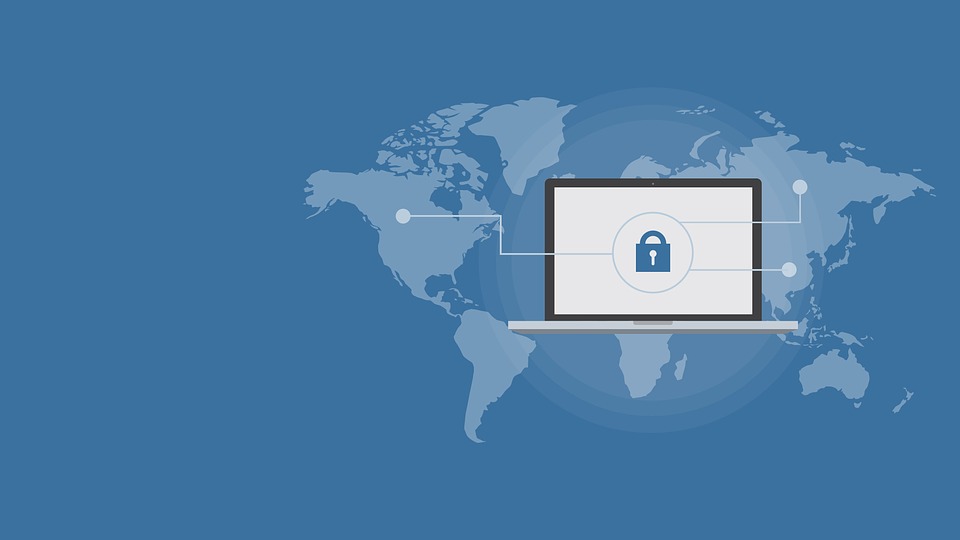Startup companies typically operate with limited resources. This is why it’s critical for entrepreneurs to track how funds are spent in order to get the best returns and support business growth.
If you’re launching your own company, you may consider other expenses more important than digital security. Unfortunately, with this kind of thinking you risk the chance of getting hacked. If something like this should happen, it could mean the end of your startup. Here are some measures you should have in place to protect your own and your customers’ data.
Encrypt Your Data
Perhaps the most affordable way to keep data safe is to implement encryption. Sensitive information like credit card and Social Security numbers should always be stored in encrypted format, but it’s a wise course of action to encrypt all information, including messaging. Things like phone numbers, email addresses, and other personal information can be used to commit identity theft and drain accounts or ruin credit ratings. This isn’t something you want to happen to your customers, or they may quickly abandon you.
Adding encryption to your business network and websites can be done at a low cost. The chief benefit of encrypting what you have is that even if the information is stolen, it will be useless to the thieves. Be certain to implement the latest encryption standards, and store the encryption keys on servers that are separate from encrypted data so that a single breach doesn’t compromise anything.
Educate Your Employees
Most breaches result from employees who are careless about following security protocols. Take the time to draw up a thorough set of guidelines regarding digital security practices, and make sure that it’s communicated to all employees. It should be available on internal servers and reinforced with training for new hires in addition to regular reminders for all employees.
Employees should observe security measures like strong passwords, restricted access to data, logging off when away from computers, not clicking on links in suspicious emails, and avoiding internet use for personal business. Security training should include pointing out different threats like phishing emails, phone scams, and website downloads that might conceal malware. They also need to understand how to detect these threats, and how to handle them or report incidents.
Your workforce should understand their responsibilities in protecting company information, and be held accountable for negligence.
Think About Mobile Device Security
You will find that many employees want to take information out of the office for various projects or to work from home against deadlines. This is usually done by downloading it to laptops or smartphones. Any physical devices that are lost or stolen can provide the thieves access to your network.
Implement every form of security you can for remote access to your systems. Secure channels like virtual private networks (VPNs) will keep your employees’ devices safe when using unsecured Wi-Fi networks. You should also insist that all personal devices have encrypted disk storage, and have your IT people install software than remotely wipe the data from any device if it’s reported as stolen.
Backup Your Data
Regular full backups of data should be performed in addition to frequent incremental backups to capture the latest changes. Cloud options like OneDrive can make this simple, but there’s always the chance that cloud storage can be hacked, especially if theft of devices takes place.
This is why security-conscious startups download information to external hard drives. These can be both encrypted and disconnected from the network for optimal security. They’re highly portable so they can be quickly reattached to retrieve missing or corrupted files.
One important factor is that copies of backed-up data should also be copied and stored off-site so that fires, natural disasters, accidents, or intruders can’t ruin your local backups and leave you helpless.
Update Regularly
Ideally, you should have software capable of detecting and isolating viruses, spyware, adware, ransomware, and other types of hidden malware. Another important security concern is ensuring that all your software is up to date. Vendors frequently issue updates or patches to security software, firewalls, and web browsers so that you’re protected against the latest threats.
It’s important that you install any upgrades as soon as possible. Failure to do so will only leave vulnerabilities which hackers know how to take advantage of.
A cyber security expert can help test your system for weaknesses and recommend specific upgrades. However, it’s still your responsibility to keep your systems current. Perform scans regularly. Applying updates and fixes can be time-consuming, but is necessary to provide the best protection for you data.
Final Thoughts
In summary, even small companies need to plan digital security into their budget. Basic strategies like encryption, employee training, and policies on mobile device use can keep your information safe. But it’s also important to plan for data backups and system upgrades. Compared to the potential damage of lost or stolen data, these are very affordable security measures.














